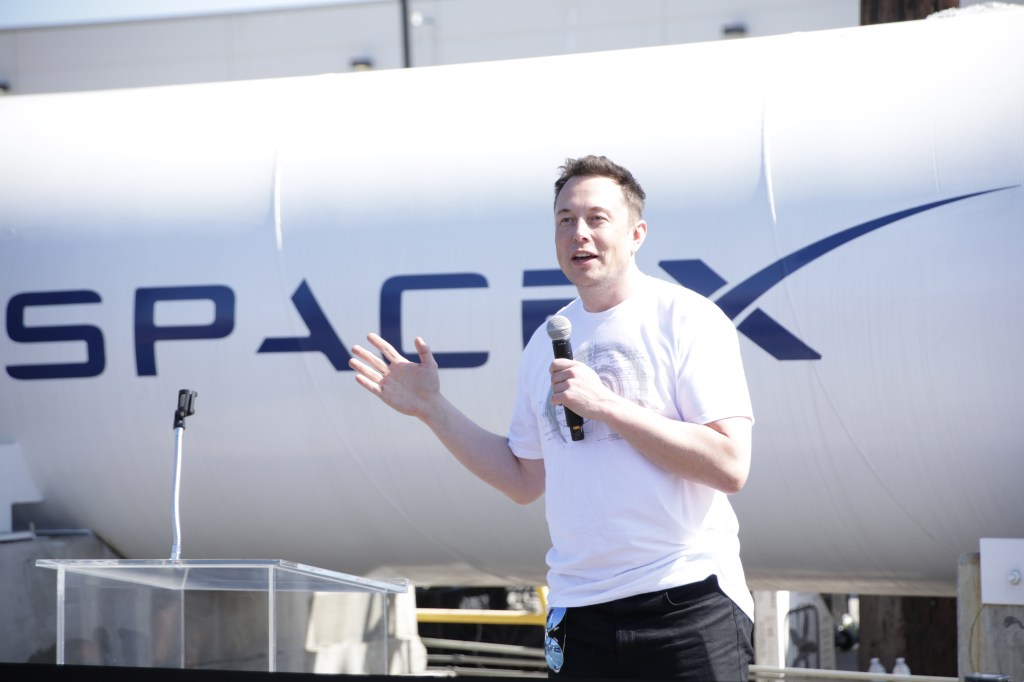SpaceX held its second Hyperloop Pod design competition for student teams at the test track built near its headquarters today. The mile-long track saw three finalist teams battle it out for speed supremacy, including WARR Hyperloop from Germany, Switzerland’s Swissloop and Paradigm, a North American team with members from Northeastern and Memorial University in Newfoundland, Canada.
The winner was WARR, which was built by students at the Technical University of Munich, ran at a speed of 324 km/h, which is over 201 mph. That easily topped the next place team, and the WARR unit was the only to even attempt to reach its top speed during the runs.
https://www.instagram.com/p/BYU1EttgwJE/?taken-by=elonmusk
The team earned the praise of SpaceX co-founder and CEO Elon Musk with the victory, who said that it was extremely impressive as a result from a student initiative. Musk ramped up the stakes immediately, however, saying that he believes with work it would be possible to get up to above 500 km/h even in the relatively short mile-long test track SpaceX currently has in place.
There will be more opportunities to compete, too – Musk also announced that as of today, SpaceX has decided to host the competition again next year, marking the third running of the pods. The competition itself is a volunteer effort but one by SpaceX (and, notably this year, The Boring Company) employees who volunteer their time on race day and also help mentor the students working on the pods, and prepare for the tests.
The three teams that competed on Sunday were selected from the larger group based on satisfying a number of pre-run criteria, including tests designed to ensure their vehicles can run in the mile of test track with a relative guarantee of safe performance. WARR’s Pod also did well in the January Hyperloop Pod competition, achieving the top speed, then, too. WARR’s January speed was only 58 mph, however, to give you an idea of just how far it’s come.
The WARR pod is built entirely of a carbon fiber, which helps it keep weight down and lends to its ability to reach high speeds in the functional vacuum conditions of the depressurized tube interior. Both of the other competitors in the final faced some technical issues, including a tube pressurization problem for Paradigm that meant they did their run in less than vacuum conditions, and some connectivity problems for Swissloop.
Paradigm was the only team to use air bearings, as described in the original Hyperloop white paper released by Elon Musk, and WARR’s pod won thanks to its electric motor and lightweight 176 lb frame.











































Comment